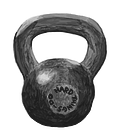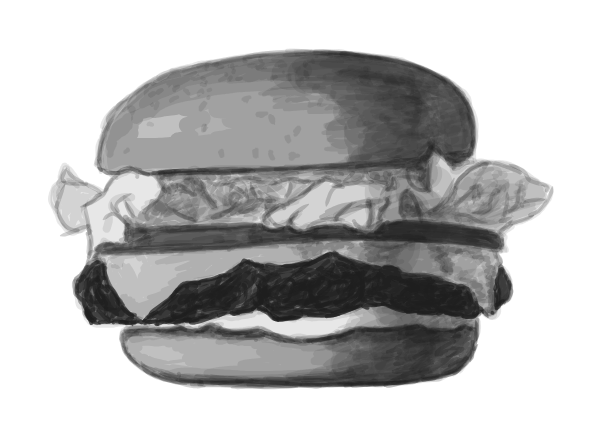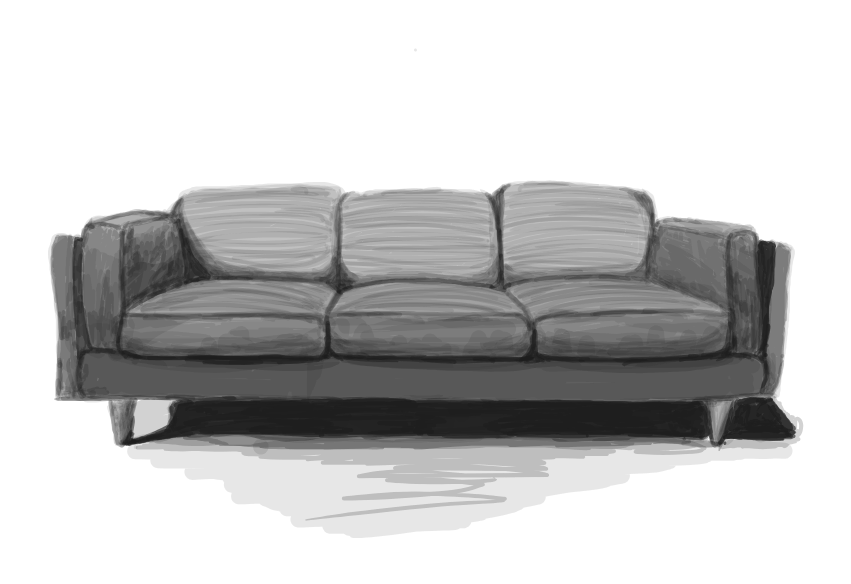There are two things we know have a direct impact on our health.
Our eating and exercise habits.
We know that being inactive or overweight can reduce life expectancy by years, if not decades.
Yet, a minority of people in the developed world get the recommended level of physical exercise. Only one in four adults in the United States meets national guidelines for aerobic and strength activities.
An estimated 39% of adults worldwide are now overweight.
We now live in a world where diseases of affluence are more prevalent than diseases of poverty.
Why is this?
How can we account for this discrepancy between what we know is good for us and what we are actually doing?
One thing exercise and diet have in common is that any change in our behaviour does not have an immediate effect. Rather, desirable outcomes take time to occur.
Exercise once and you won't have a lean physique. Exercise weekly for years, and now you’re talking.
The same goes for eating. (I talk more about this in Play the Long Game).
The conclusion?
We have to go through repeated short-term discomfort to enjoy long-term benefits.
So why are we so opposed to discomfort?
Designed for scarcity
We seek comfort because we are designed for an environment of caloric scarcity.
Our bodies evolved in a world where we never knew when our next meal was going to be.
As a result, we’ve adapted in two ways:
We store energy. When we do have food, we overeat and then conserve potential energy in the form of fat.
We conserve energy. We do not spend energy unless we have to, which used to mean finding more food.
Living = calories gained - calories expended.
This made perfect sense; finding ways to keep that caloric balance positive increased our chances of survival. Increasing our levels of comfort was a way to increase that buffer.
And we’ve been incredibly successful at that.
Modern living
The problem is that we've become victims of our own success.
Especially in the developed world, we live in environments that cater to our every need.
On the whole, our lives are now radically more comfortable than at any other point in history. We have access to technology that even the richest people 100 years ago couldn’t buy.
This means that most of us have to spend very little energy to meet our basic needs.
Turn a faucet and you get clean water.
Flip a switch and you have light.
Tap your phone a few times and cooked food will show up at your door.
As a result, it is now too easy for us to never step out of our comfort zones. This is literally the case: we spend up to 90% of our time indoors.
If we no longer have a reason to go outside, another force is keeping us in.
The internet is supplying us with more information than we could ever consume.
Digital products are designed to harvest our attention and they are extremely successful at it. The average person in the United States now spends more than 8 hours a day consuming digital media.
Our brains are now overstimulated and crave more.
The constant flow of stimulation traps us in endless scrolling that snuffs out any ability to rest.
So what can we do about this?
Embrace discomfort
First, we have to acknowledge why we seek comfort. We’re not lazy, we’re following our biology!
Armed with that knowledge, we can take a rational stand against it. Not all the time, but often enough to show we’ve learnt this lesson.
This means getting reacquainted with feeling uncomfortable.
A great way to do this is to engage in activities where the outcome is uncertain. These are activities that will always contain a component of fear to them:
What will happen if I go for a 5-mile run?
What will happen if I skip that next meal?
What will happen if I turn off my phone for a day?
By choosing to do hard things, you're backing yourself that, whatever happens, you'll be able to deal with it.
This is how we build confidence.
Doing hard things also asks us to reassess our beliefs. For example, we can learn that:
Not all physical pain is bad.
Not all eating is due to hunger.
Boredom is a good thing.
So here is my invitation to you. Next time you're about to call the elevator, don't.
Take the stairs.
Go for walks, even if it's raining.
Make discomfort your friend. It has a lot to teach you.
Hi friend 👋
I hope you got something valuable from this weekly dose of wisdom.
Subscribe now and get the next post delivered straight to your Inbox!
Be well, thank you for reading 🙏
Ben







I'm curious to hear from you.
Did you do something recently that was hard for you to do, but did it anyway?
What did you learn from the experience?